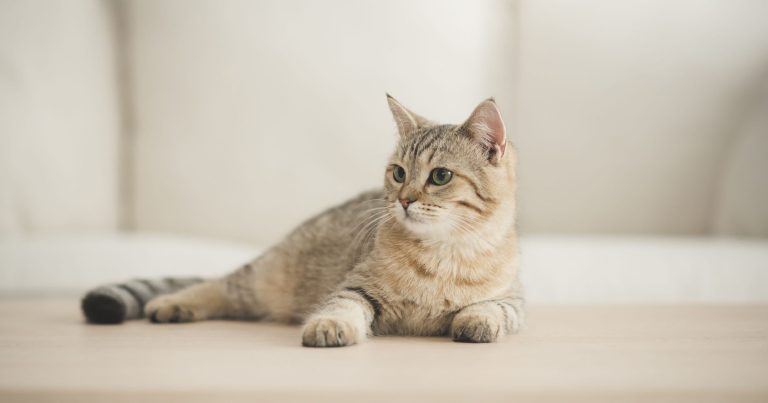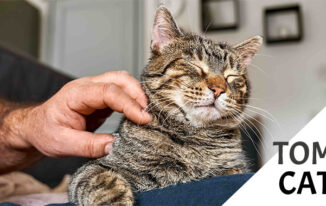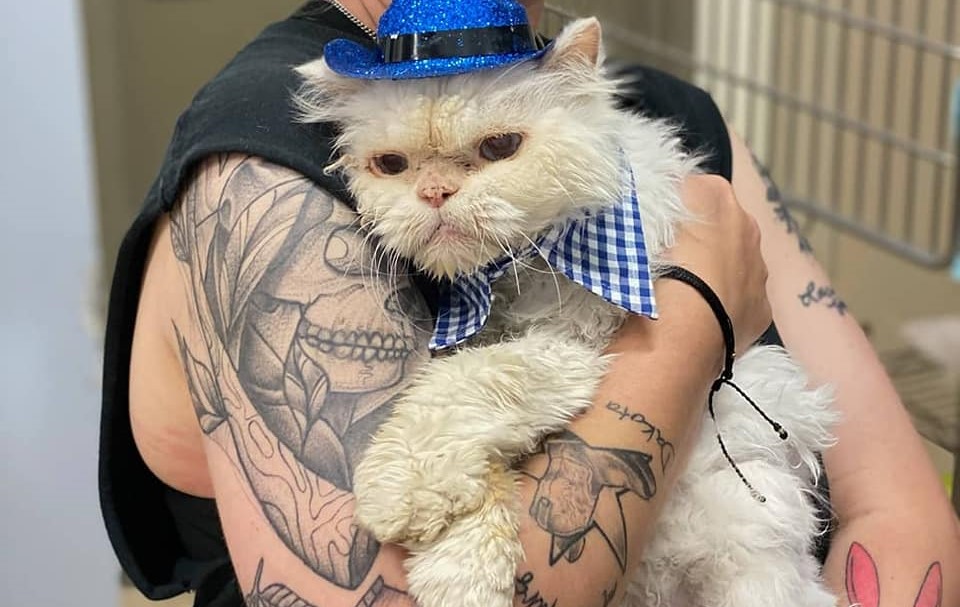If you have to leave your feline friend for a few days, it can be tricky enough to find a suitable cat sitter, but if your cat has urinary issues, it can be even more difficult. However, with the right instructions for the right caregiver, hopefully your time apart won’t be too stressful, for any of you.
Find a Qualified Caregiver
If your cat has urinary problems, your first choice for a pet sitter probably shouldn’t be a neighbor who comes in just to the fill the feed bowl twice a day. A live-in sitter may be a better choice so that your cat is properly supervised in case any health issues arise. A pet sitter who stays at your house is much more likely to notice a problem (and notice it faster) than someone checking in twice a day.
The level of experience and skills of a professional pet sitter can vary, but some are trained in pet first aid and CPR, and may have experience with taking care of animals with health issues. You should research the background of potential pet sitters to find a good match for your kitty and their needs. Online directories like those provided by Pet Sitters International, the National Association of Professional Pet Sitters and Care.com can help you find a qualified pet sitter in your area.
If your cat needs specialized care, you may be able to find a sitter with veterinary experience who is familiar with caring for animals with health problems. We don’t mean you should ask your veterinarian to come stay at your house, but you could check if there are veterinarian technicians in your area that work as pet sitters after hours. Or, if you live near a college of veterinary medicine, maybe there is a veterinary student looking for some paid work.
Leave Detailed Instructions
Once you have found the right person, the next step is to talk with the sitter about your cat’s special needs and anything else that would be helpful to know. Every cat is different, and your cat may have some quirks that will be useful for the pet sitter to know to make the sitting experience easier on them and your cat.
It’s important for cats with urinary issues to have easy access to litter boxes and for the boxes to be cleaned frequently, so let your sitter know how often to scoop and when to change the litter. If the litter boxes need washing, make sure the sitter knows to use hot water and a mild unscented dishwashing detergent and to avoid using strong cleaners like bleach or ammonia.
Keeping fresh water available and providing food should be a given for a qualified pet sitter, but make sure they understand the dietary needs of your cat. If your cat has been prescribed a specialized urinary support diet, it’s important for your sitter to know that your cat should be fed that diet and not regular cat food (particularly if you have two cats and you have both types of food in your house). Let them know how often and how much to feed your cat, including what treats are appropriate. They should also understand why it’s not a good idea to feed your cat table scraps.
If your cat needs medication for their urinary or other health issues, one of the most important items to go over with your pet sitter is how and when to administer the right dose of medication. The “how” is especially helpful for your sitter, particularly if your cat doesn’t fall for the old “pill in a ball of canned food” trick.
Explain When to Call the Veterinarian
Hopefully it won’t happen, but it’s possible your cat could become ill and need veterinary treatment while you’re away. You should help your pet sitter understand the signs of feline lower urinary tract disease and the signs of a urinary tract infection so that they know when to take your cat to the veterinarian. Make sure the sitter has the phone numbers and addresses of your veterinary clinic and the nearest 24-hour veterinary hospital. It’s useful to write down your cat’s age, approximate weight and a description of their underlying health issues, in case there’s an after-hours emergency and your cat can’t see their regular veterinarian. You could also leave a copy of your cat’s medical records, if they have a complicated medical history.
Keep in mind that stress can cause inappropriate urination, and it also plays a role in feline idiopathic cystitis (FIC). So it’s possible that having a stranger in the house may trigger an FIC episode or cause some litter box issues. That’s why it’s important for the sitter to stick to your cat’s routine as much as possible, and why keeping your cat at home in their own environment can be a better choice than taking them to a boarding facility.
With a qualified pet sitter and a thorough list of instructions for your cat’s care, hopefully the time apart will go smoothly for you and your cat. But some extra cuddles and a new toy when you get home will probably be appreciated, too.
RELATED POST: Meet Your Cat’s Environmental Needs to Reduce Stress and Urinary Issues























